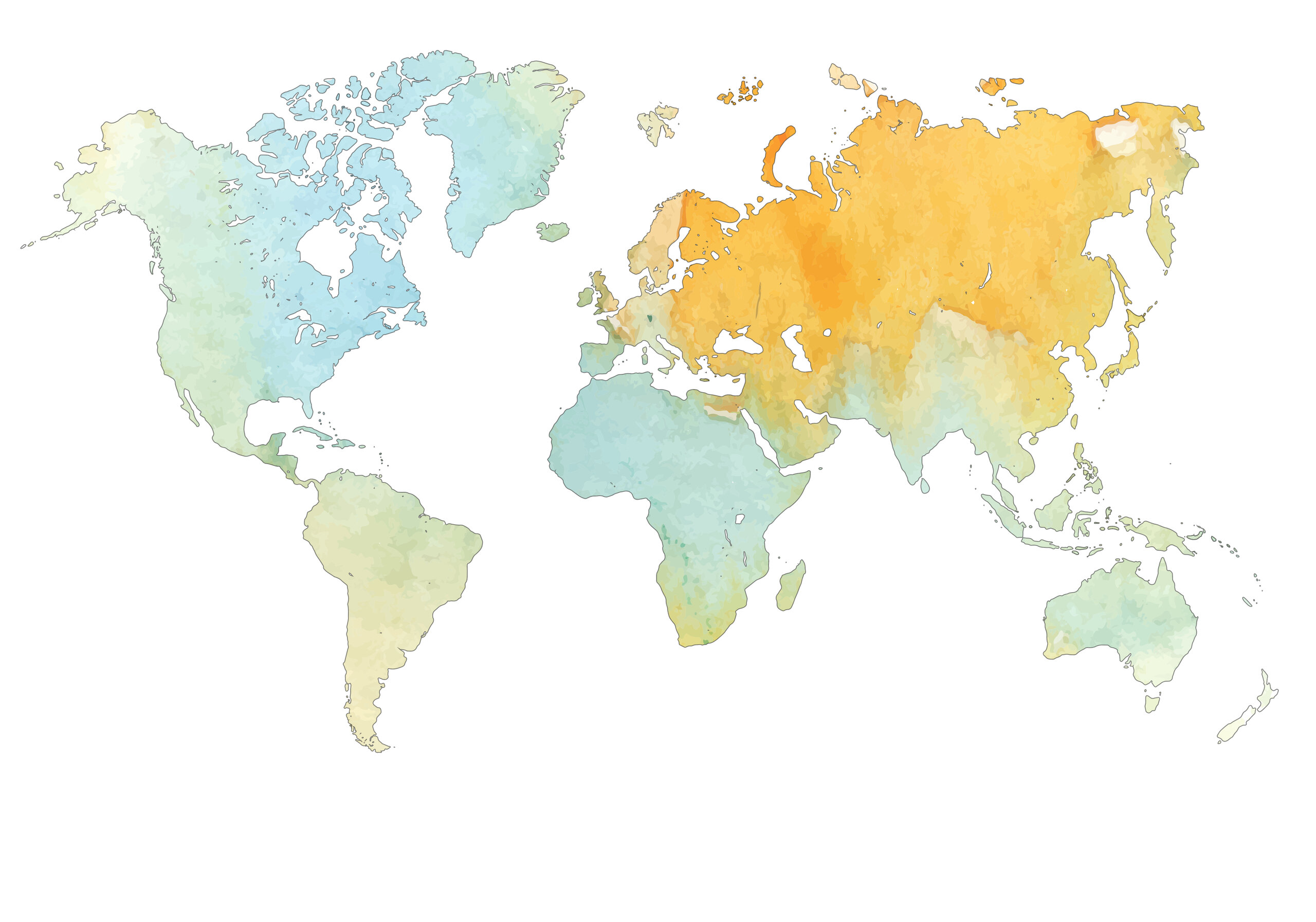
Certificate of International and Intercultural Competence (CIIC)
The elective "Intercultural Competence" provides students with an insight to theoretical concepts and the practical knowledge in the field of intercultural communication and interaction. This enables them to reflect and recognize the intercultural experiences they have made so far and view them in a broader context. Furthermore, it enables students to explain and apply their own intercultural competence in the future.
The course "Intercultural Competence" is a madatory part of elective 4 of the same name. It is offered regularly in winter semester and summer semester. By passing the course, you will obtain the first 3 credit points in elective 4. In addition to attending the course, you must hand in a reflection report in which you describe the extent to which you were able to put the theory learned throughout the course into practice.
Elective 4 offers you the opportunity to focus on theory in the area of interculturality beyond the mandatory course. To ensure the widest possible choice of topics, both face-to-face courses and digital courses (from other universities) will be recognized for the elective. If you would like to put the emphasis of your CIIC on theoretical knowledge, you can take courses in elective 4 worth up to 9 CP.
Examples for elective 4:
- Course “Intercultural Competence” (compulsory course)
- Courses offered by the “Studium Generale”, e.g. "Intercultural communication in international Teams" (registration via Ilias)
- Courses offered by the “International Program”
- “Hands on Learning!” modules (licenses can be acquired via “KOOR – Erasmus Services BW”)
- Online offers from other universities with interculturality as a focus (with certificate of completion)
- Acquisition of intercultural virtual competence in the context of virtual collaboration in international projects
Course "Intercultural Competence"
The online course "Intercultural Competence" aims to enhance the participant’s intercultural competence for effective communication, collaboration, and interaction across cultures, fostering global and international engagement and citizenship. The participants will develop these competencies through self-inquiry, critical reflection on their varied intercultural experiences and the application of digital and multimedia engagement tools. Instructor-led discussions and peer engagement will encourage social learning and structured collaboration during the course.
The course comprises eight modules:
• Culture and Diversity
• Ethnocentrism and Unconscious Bias
• Models of Intercultural Competence
• Intercultural Competence and Equity, Diversity, and Inclusion
• Verbal and Nonverbal Communication
• Conflict Styles
• Case Studies in Intercultural Collaboration
• Reassessing one’s own Intercultural Competence
The course has a total workload of 90 hours, comprising synchronous sessions as well as asynchronous learning. Synchronous sessions are conducted via Zoom on specific dates while asynchronous learning includes reading materials and completing individual and collaborative assignments. Students receive three credit points upon successful completion. The teaching methods include lectures, group work, online surveys and discussions. Assessment is based on digital storytelling, as well as an individual or group-based case study project and a presentation.
The course "Intercultural Competence" is delivered online and is open to all students, regardless of their field of study or intended degree. It is mandatory for participants of the Certificate of International and Intercultural Competence (CIIC) as well as for students of the study program Bachelor International. Although prior international experience is not required, students with exposure to international settings or uncertain situations are encouraged to enroll.
The online course is offered at least once per semester. The dates for the next course can be found on the CIIC homepage under News & Dates.
The registration takes place via mail (ciic@h-ka.de).